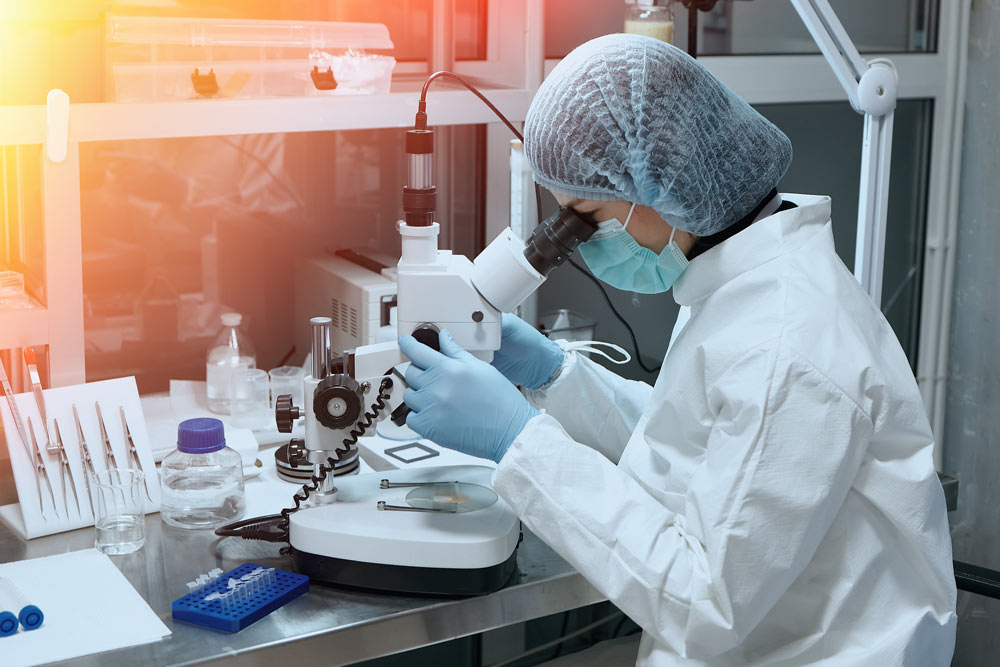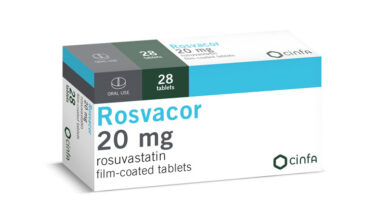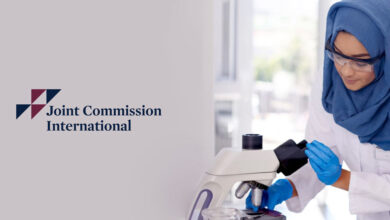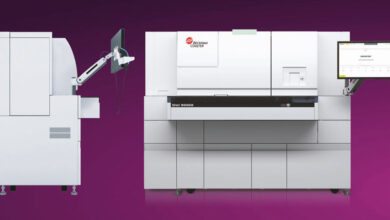Medical Laboratory Accreditation Certificates
International recognition of competence, accuracy, and reliability in performance

When a medical laboratory acquires an international accreditation certificate, it is acknowledged for its performance quality, expertise, and dependability. This award is given for satisfying all needed standards and demonstrating a complete commitment to applying the highest quality standards in all services provided. This step is highly regarded by patients, who see it as a reliable indicator of technical competence from the time the sample is collected until the results are issued. Furthermore, this procedure provides clinicians with sufficient and trustworthy information regarding the patient’s medical condition, laying the groundwork for a correct diagnosis.
The safety and effectiveness of the devices in terms of accuracy and speed of sample analysis and result display are ensured after an in-depth assessment of standards, specifications, and work mechanisms, after passing through several stages beginning with receiving, registering, dating, and storing samples, moving on to the laboratory workers and the caliber of their certificates, besides to having contemporary systems for classifying and storing data, making sure that these systems are operated by qualified personnel, and adhering to other strict requirements, all of these factors can help laboratories earn international certification.
By adhering to rigid criteria for quality management designed to guarantee accurate medical examination results, a medical laboratory has demonstrated its competence and eligibility to conduct testing operations, earning the accreditation certificate that builds trust and certainty. Additionally, this stage verifies that the laboratory remains current with advancements in the fields of standards, measurements, conformity evaluation, and laboratory accreditation.
Medical laboratories have begun to pay careful consideration to international accreditation certificates as a useful tool for quality assessment, starting with their use of these specifications as the foundation for their work during the assessment stage, where frequent field audits are carried out to ensure adherence to standards. International standards and norms are now well-aligned with laboratory accreditation for both accreditation bodies and entities that receive accreditation.
The laboratory managers devote their daily efforts to delivering top-notch medical services using the newest technology and equipment under the direction of qualified professionals who hold top-tier accreditations from pioneers in this industry.
Numerous international bodies and organizations have established guidelines and requirements that medical laboratories must follow to obtain an accreditation certificate, proving that they are following global norms for rapid and accurate diagnosis, high productivity, and error-free operation.
The operation of medical laboratories is based on accuracy and reliability, and laboratory results must be as accurate as possible. As a result, to guarantee quality, all operational facets of the laboratory, including organizational structure, operations, and processes, must be directed.
It is crucial to adhere to a strict process for quality control and management in the lab and to keep it up to date. The laboratory is a complicated system with several activities linked to tests and laboratory procedures, as well as numerous people who must accurately carry out the processes and procedures to provide the most precise results and reports with accuracy and dependability. The laboratory examination results are frequently used in hospitals and medical clinics, where doctors completely rely on the accuracy of the examinations and the resulting reports for disease diagnosis and the prescription of appropriate medications. To achieve this, it is imperative to perform all measurement operations and procedures in the laboratory in the best possible way.
The workflow steps in the laboratory are pre-examination, examination, and post-examination. Each stage has qualities that are equally important to the stage after it. The organization of the examination request, patient preparation, sample collection, transport, storage, processing, and evaluation of samples are all steps in the laboratory examination process as defined by standard specifications. Release of examination results, their authentication, and delivery of the report all involve these stages.
One advantage of a laboratory obtaining globally recognized accreditation is improving the laboratory’s reputation and competitive edge, providing more accurate and timely tests and laboratory results, showcasing competency in enhancing work procedures, and earning the trust of clients who are patients and doctors.
Apart from raising the level of cooperation, teamwork, and quality mastery, accreditation certificates for medical laboratories also help to improve efficiency, productivity, and effectiveness in all laboratory operations as well as increase confidence in test results due to increased supervision and control over all operations and activities.
Some requirements for a high-quality laboratory that can receive certificates of international accreditation include being designed in a size appropriate for completing the necessary tasks, providing the necessary protection for laboratory technicians while they work, and providing training on how to use it.
The laboratory must be equipped with a ventilation and lighting system, as well as a self-alarm and fire extinguishing system that work in accordance with the laboratory’s general features, its programs, and the level of hazard present.
To decrease events that individuals may be exposed to by raising their awareness of various hazards, warning and laboratory safety advice instructions must be posted in the laboratory and on its exterior doors, either by hanging signs or panels.
For a laboratory to meet the required standards, it must have a first aid kit on hand to handle any accidents that may arise from exposure to chemicals, electrical shocks, mechanical, physical, or biological risks.
Medical labs that consistently pursue international accreditation certificates must have a set schedule for the routine maintenance of their instruments and equipment, keep records of data and information pertaining to various instruments and equipment, and offer ideal conditions for carrying out laboratory experiments.
To prevent illnesses from spreading to employees and patients who are undergoing medical analyses, safety and preventative requirements must be also provided in laboratories, particularly in the area that deals with blood diseases. The laboratory must be kept spotless, and medical gloves must always be worn, especially while taking patient blood samples. The patient’s name, the type of sample, and the required examination that must be performed right away after drawing the sample should then be written on a label that is attached to each sample.















